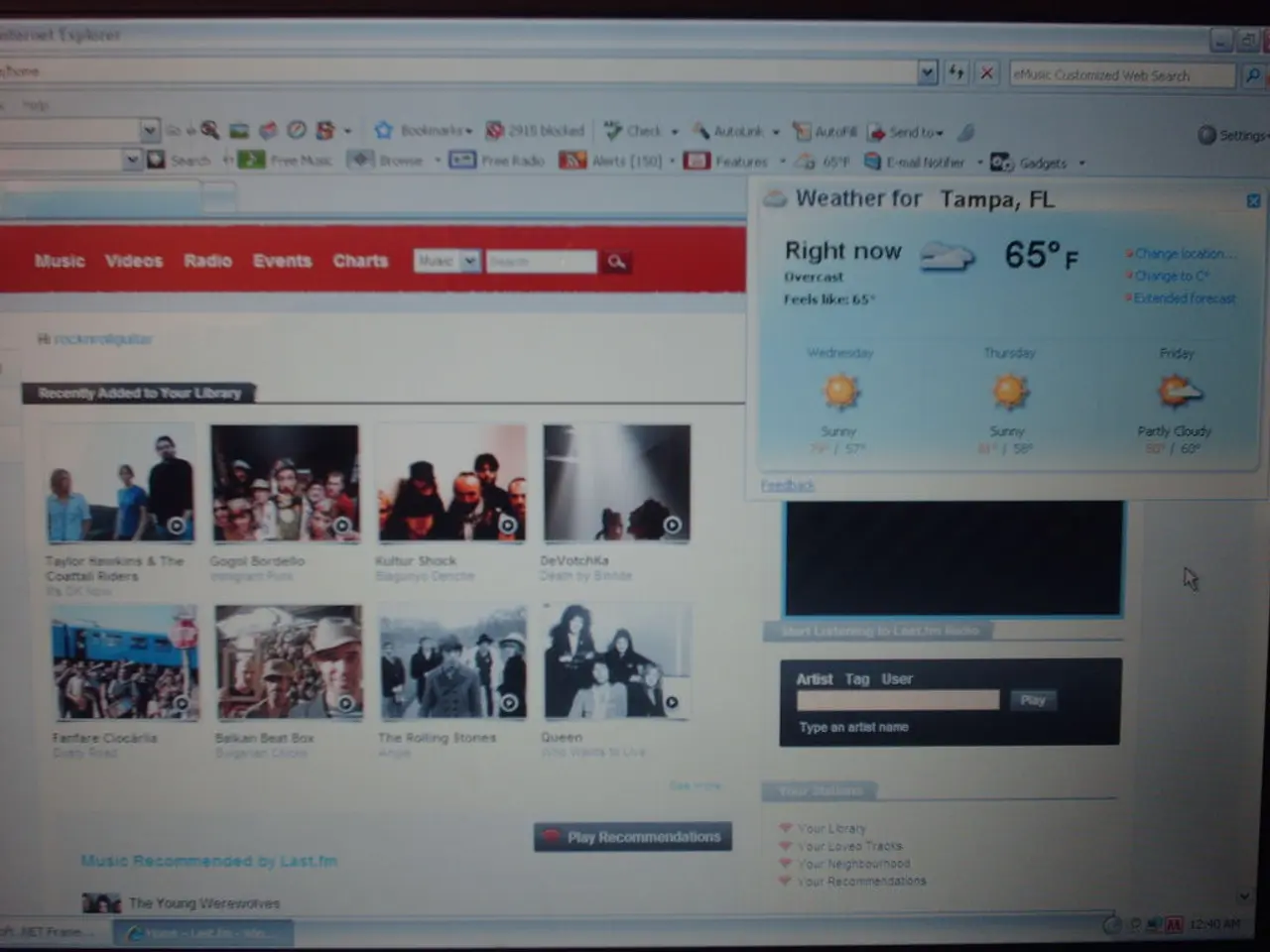Telecommunications company specializing in providing internet access and related services to customers.
In today's digital world, internet service providers (ISPs) play a crucial role in connecting individuals and businesses to the vast expanse of the online world. Let's delve into the workings of ISPs and the factors to consider when choosing one.
ISPs operate within a hierarchical structure, with Tier 1 ISPs owning and managing extensive network infrastructure and having a global reach. Major companies classified as Tier 1 ISPs in the USA include AT&T and Verizon, both of which operate extensive fiber and large-scale IP networks. Other providers with wide reach and infrastructure, such as CenturyLink (now Lumen Technologies) and Comcast (Xfinity), are often considered Tier 1 or close to Tier 1 status. These companies maintain global internet backbone networks with direct peerings, avoiding transit fees.
Tier 2 ISPs connect to Tier 1 ISPs and manage regional networks, while Tier 3 ISPs serve local customers and businesses, often relying on higher-tier networks for internet access and providing last-mile connectivity solutions. Tier 3 ISPs typically focus on niche markets and cater to specific user needs in their communities.
When selecting an ISP, it's essential to consider various factors. Coverage area, service types, internet speeds, pricing models, and consumer satisfaction are all crucial considerations. For instance, cable internet uses coaxial cables to deliver high-speed internet services, while DSL uses existing telephone lines to provide internet access, often serving areas where other high-speed options may not be present. Fiber optic internet provides some of the fastest internet speeds available, making it ideal for heavy data users. Satellite internet utilizes satellites to provide internet services in remote or rural areas where traditional infrastructure is lacking.
Understanding net neutrality is also crucial for consumers. This principle ensures that ISPs treat all internet data equally without discrimination or charging differently based on user, content, or platform. Awareness of throttling policies can help consumers choose ISPs that align with their needs and expectations regarding speed and accessibility.
In addition to internet access, ISPs offer a variety of supplementary services. These may include email services, allowing users to send and receive messages seamlessly, domain registration, web hosting, and security features such as antivirus software and firewalls to protect users from online threats. Some ISPs even offer web hosting services, enabling businesses and individuals to create and maintain their websites.
Understanding the operational structure and services provided by ISPs can empower consumers to make informed decisions about their internet connectivity. By considering the factors mentioned above, consumers can find an ISP that best suits their needs and ensures reliable, high-quality internet service.
Read also:
- Exploring Harry Potter's Lineage: Decoding the Enigma of His Half-Blood Ancestry
- Elon Musk Acquires 26,400 Megawatt Gas Turbines for Powering His AI Project, Overlooks Necessary Permits for Operation!
- Predictive modeling introduced in DP World's automotive supply chain operations
- U Power's strategic collaborator UNEX EV has inked a Letter of Intent with Didi Mobility to deploy UOTTA(TM) battery-swapping electric vehicles in Mexico.




